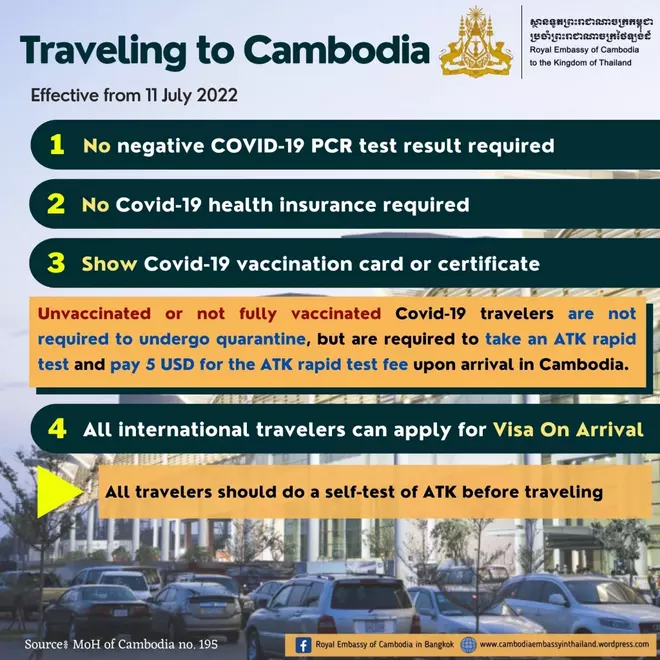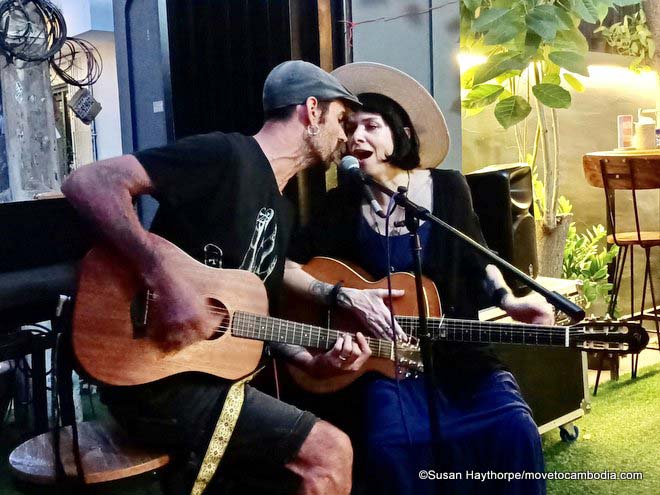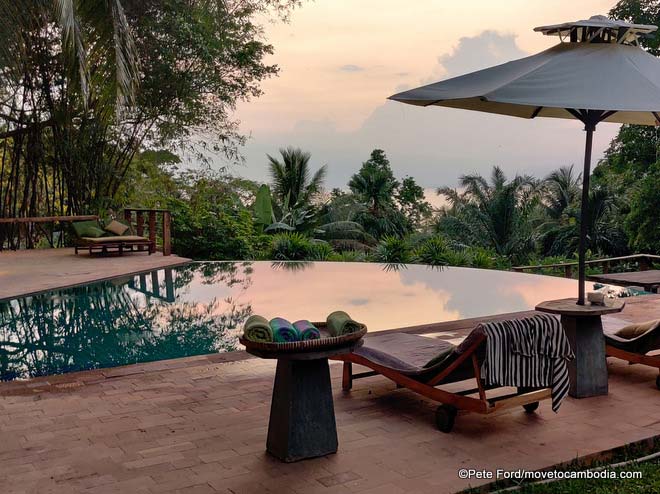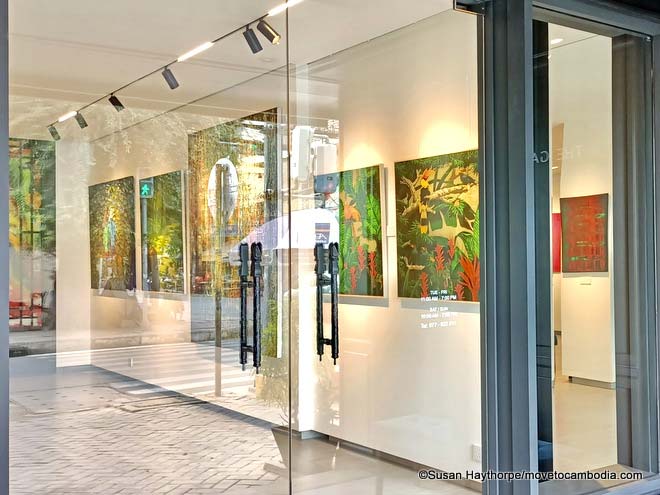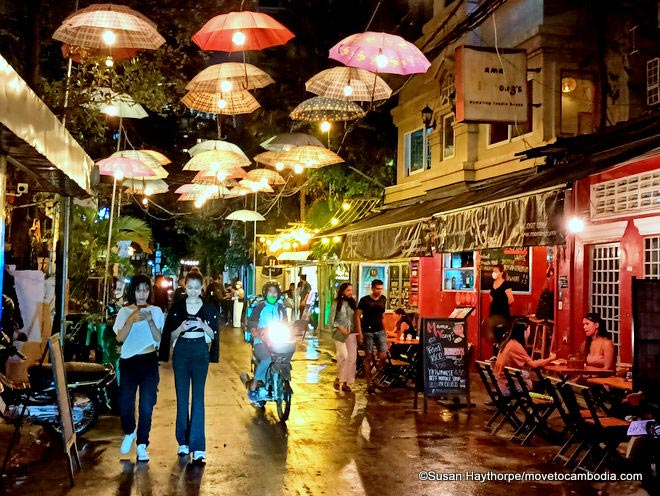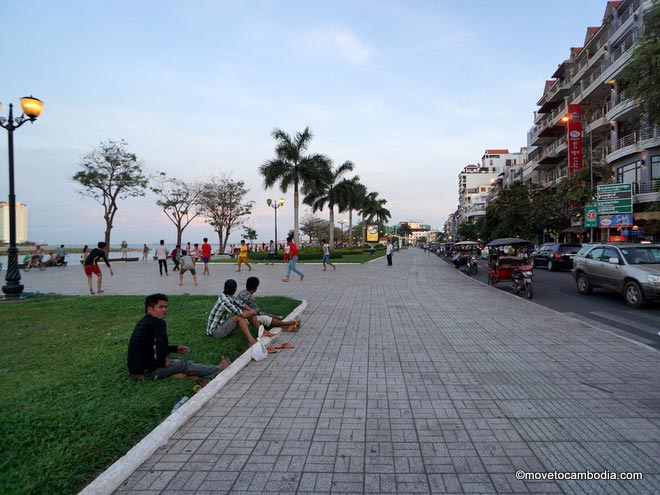It’s hard to keep up with the number of supermarkets in Phnom Penh these days! There are dozens of supermarkets, grocery stores, and convenience stores all over town, most of them carrying a wide range of imported goods. Phnom Penh’s supermarkets aren’t cheaper, of course, than shopping at a local market, but if you prefer your meats refrigerated, your prices fixed and access to imported products, you’ve got many options in Phnom Penh, and more are being added all of the time including organic options. This updated posts features the ten best supermarkets in Phnom Penh.

Chip Mong is another Phnom Penh grocery store that delivers!
Chip Mong Supermarket
Relative newcomer Chip Mong Supermarket on Monivong Blvd has quickly become one of the most popular grocery stores in Phnom Penh. This modern grocery store carries a wide range of local and imported American, European, and Asian items. They also have a fresh meat, fish, and cheese counter, as well as a wide range of frozen foods. Plus, they have a nice selection of beauty products, including all-natural and K-beauty items. Their website has all of their products listed, and, best of all, you can place an order on their site for delivery by Food Panda, with a delivery charge of just $1.
For more grocery delivery options in Phnom Penh, we’ve got a blog post all about it.
Continue reading →
